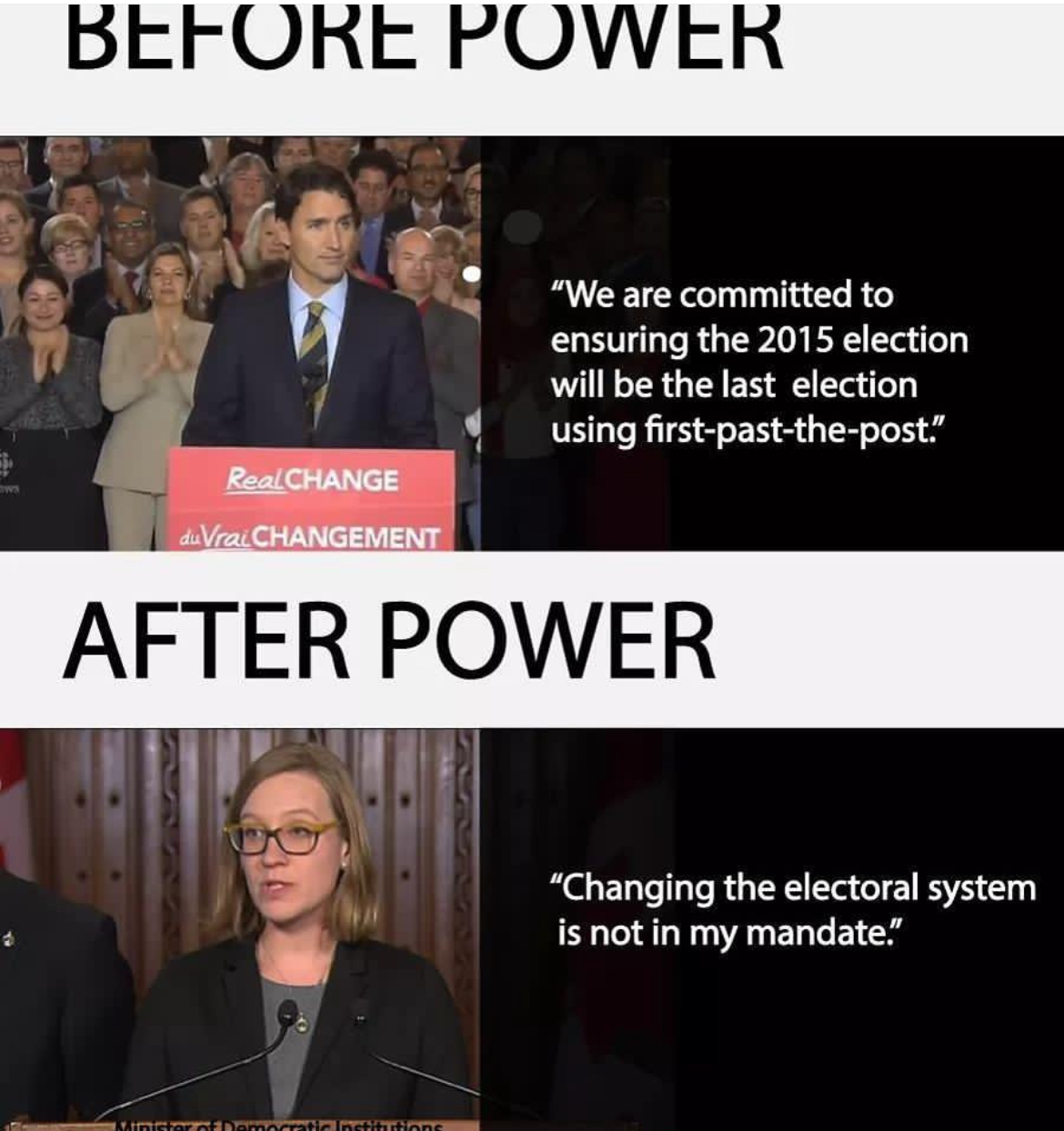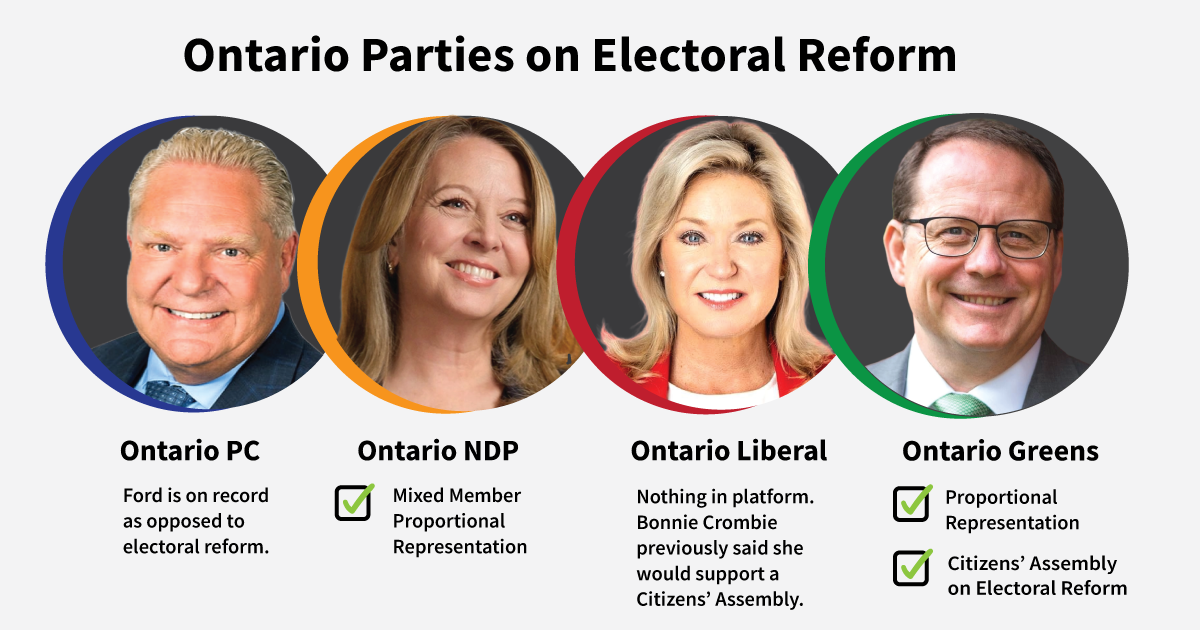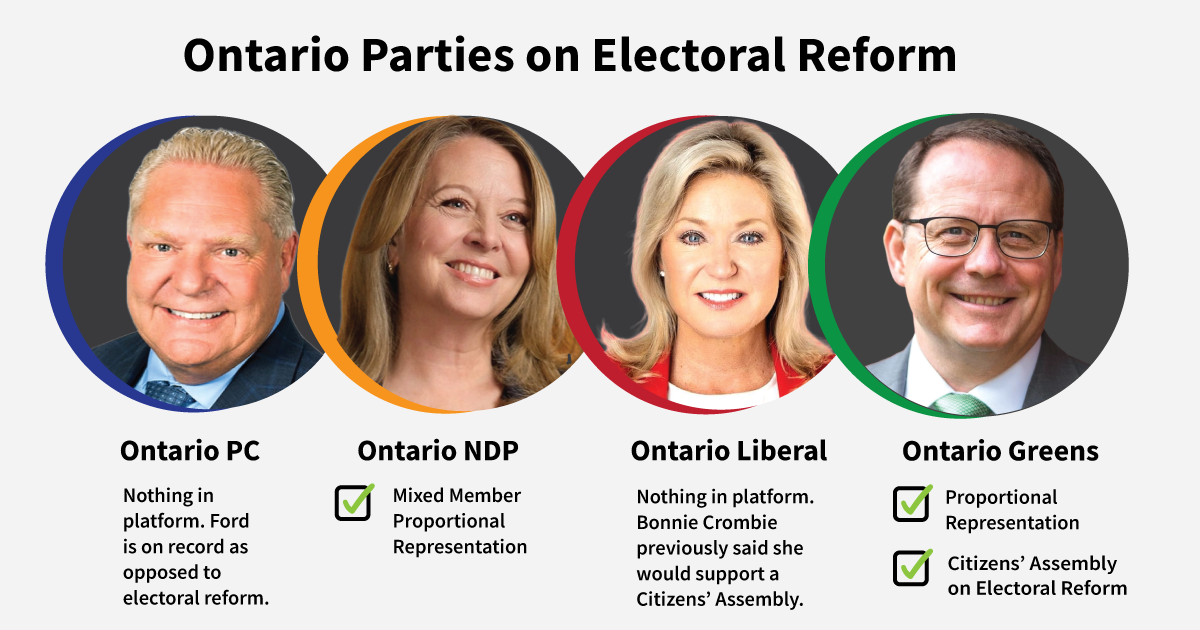Big corporations just buy up all our information networks. Here is a list of acquisition resistant, Canadian Owned and operated media.
I don't know what to say, that's just the way they wanted to run their business.
Reminder big corporations just buy up all our information networks. Here is a list of acquisition resistant, Canadian Owned and operated media.
If you're concerned that Placespeak isn't Canadian: here is Placespeak's B Corp profile. Their headquarters is in BC.
Thanks! I truly believe proportional representation is critical for Canadian democracy. I voluntarily do this advocacy!
if we did get rid of fptp we’d never have to worry
Then after the election, you better be fighting your hardest to get proportional representation 😁.
Get started with this link: Simple things you can do right now, to grow the proportional representation movement—so we never have to vote for the lesser of the evils, have a two party system, "split the vote", or strategic vote.
- There is a seed of truth here, that big corporations just buy up all our information networks. Here is a list of acquisition resistant, Canadian Owned and operated media.
- Isn't April Fools only supposed to happen before noon?
I don't know the particular solution to the housing crisis (nor did I insinuate I have one).
But the solution to the millions of perfectly valid ballots being tossed out every single Canadian election, is proportional representation.
I've been repeating this: Simple things you can do to grow the proportional representation movement.
Perhaps after we get PR, we can get actually effective governments, that respond even more deeply to the people's needs.
This isn't just about a party not following "promises exactly" - it's about a fundamental democratic reform promised and then deliberately abandoned. The electoral reform promise wasn't a minor policy detail; it was presented as a pillar of their platform with Trudeau stating it over 1,800 times.
When a government makes a major promise about democratic reform and then breaks it, it directly undermines their democratic legitimacy to make all other promises. This pattern goes back a century - Liberals have campaigned on proportional representation since 1919, starting with Mackenzie King.
In 2024, Trudeau even admitted they were "deliberately vague" about electoral reform to appeal to advocates while never intending to implement proportional representation.
Housing promises matter deeply, but they're built on the same democratic foundation that was undermined by this broken commitment. A government elected through a system where millions of votes don't count is structurally limited in its ability to represent Canadians' actual preferences on any issue, housing included.




I share your conflicted feelings about Trudeau's legacy. The electoral reform betrayal wasn't just another broken promise - it was indeed a "cynical, partisan betrayal of the nation" that continues to damage our democracy.
Your point about Trudeau choosing to "rule rather than represent" cuts to the heart of the issue. When he had a historic opportunity to strengthen Canadian democracy, he prioritized partisan advantage over democratic principles.
I completely agree that this failure has fueled the very anti-establishment sentiments threatening our core values. When millions feel their votes don't matter, democratic legitimacy suffers.
What's particularly frustrating, as you noted, is that even after Trudeau evolved enough to acknowledge his mistake, he still made no effort to correct it. His 2024 admission that Liberals were "deliberately vague" about electoral reform reveals this wasn't just motivated reasoning but calculated deception.
In a democracy, citizens deserve representation. Trudeau's failure to deliver that basic principle will remain a significant stain on his legacy.